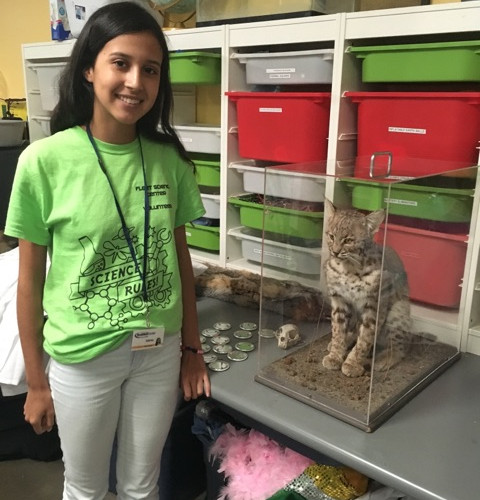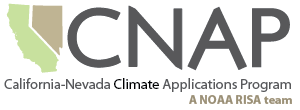Climate Kids @ The Fleet Center
- Climate Science Alliance
- Jul 25, 2016
- 2 min read
Updated: Aug 19, 2020
Climate Kids was at the Reuben H. Fleet Science Center last Friday for their Women Scientists in Action Camp. This week long camp aimed to encourage young girls to seek education and become scientists when they grow up. Dr. Julie Kalansky from California-Nevada Applications Program (CNAP) joined us to talk about drought, precipitation, and the study and protection of San Diego carnivores. She also shared how her work as a scientist provides others with the necessary tools to encourage change in order to help animals and ecosystems in the face of climate change. It all starts with the three jobs of a scientist: find the problems, look for the solutions, and tell the story to others.
In a hands-on-science experiment, the kids put on their lab coats and were a scientist for the day. With observation sheets in hand, they studied pelts, camera photos and GPS maps of bobcats and other carnivores. They also analyzed climate related graphs focusing on changes in annual precipitation and temperature over the past century and estimated changes into 2100.
Connecting that science to storytelling and art in order to broaden the children’s perceptions of the problem at hand, we read Fever on the Land by ABDO publishing. This book explains how the earth has a heat trapping blanket due to the overuse of fossil fuel energy and increased carbon dioxide production. This “blanket” does not allow for carbon dioxide to escape to the atmosphere, in turn making our atmosphere hotter and causing changes in the global climate. A warming climate not only affects the migration of animals to higher elevations to seek cooler temperatures, but as we have seen in California increased duration of drought and heightened occurrence of wildfires. Our carnivore-themed art activity had the girls create a paper bag carnivore and on it make a commitment to helping the earth by doing one of the Climate Kids "10 Things" activities at home (ex. save water, start an earth friendly project with your friends and family).
Thank you to our partners at the Reuben H. Fleet center and CNAP for making this day possible and for helping to inspire our future scientists, decision makers, and climate champions.











